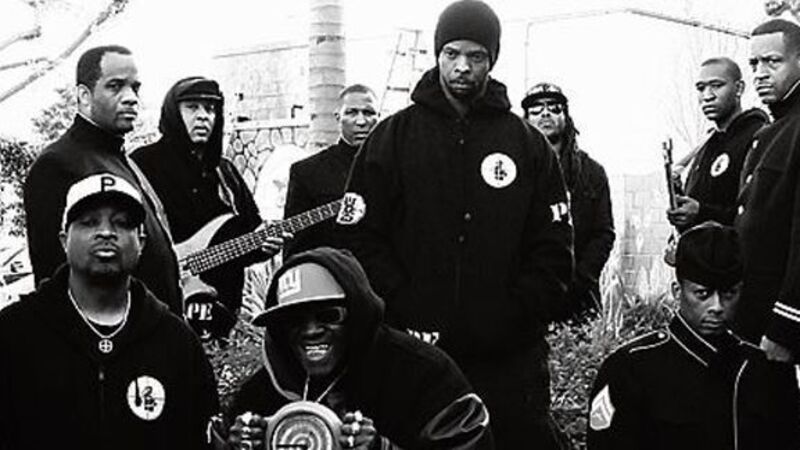Chuck D is still fighting the power

WHEN filmmaker Spike Lee conceived Do the Right Thing, his 1989 tale of simmering racial tension on a hot summer’s day in the Brooklyn neighbourhood of Bed-Stuy, there was only one contender for defining the film’s musical theme.
Lee turned to Long Island hip-hop group Public Enemy. As Lee was writing his screenplay, the band’s second album It Takes a Nation of Millions to Hold Us Back, was blaring from every corner and car stero. The album contained such fiery, lyrically and musically uncompromising tracks as, ‘Bring the Noise’ and ‘Don’t Believe the Hype’,











